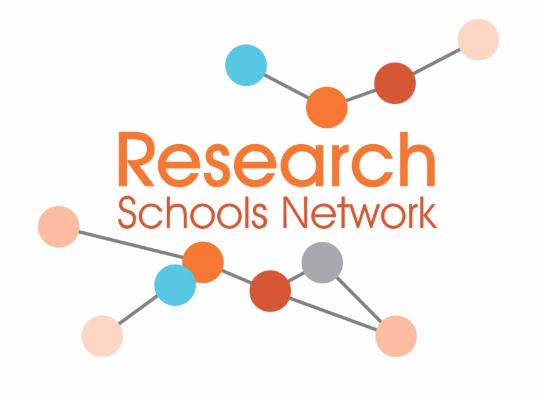Reading features on three-quarters of school Pupil Premium strategies, with writing and spoken language on nearly 50%. This is hardly a surprise, given how important literacy skills are to the academic and life outcomes for pupils. Schools rightly, and regularly, invest significant time and money into supporting children in these key areas. But the persistent presence of literacy on Pupil Premium strategies and other school planning documents perhaps also speaks towards a tendency to move onto the next aspect of literacy without securing the former.
‘In our collective haste to do better for pupils, new ideas are often introduced with too little consideration for how the changes will be managed and what steps are needed to maximise the chances of success’
EEF Implementation Guidance
It feels unlikely that any reader of these words has not experienced a new approach at a school they have worked at that did not flounder somewhat. There are a myriad of reasons why such things happen: after all, even a well thought out plan meets all sorts of unseen obstacles the minute it hits the reality of day-to-day school life. However, the stages of the implementation cycle are always helpful when helping us frame school planning, even on an issue as well-trod as literacy.
One thing that always strikes me in the Guidance Report is the sheer amount of space given over to the explore and prepare phases, a nudge towards the amount of time required for these important steps. When we ‘did’ vocabulary at Huntington secondary school 7 years ago the guidance report was not yet published.

